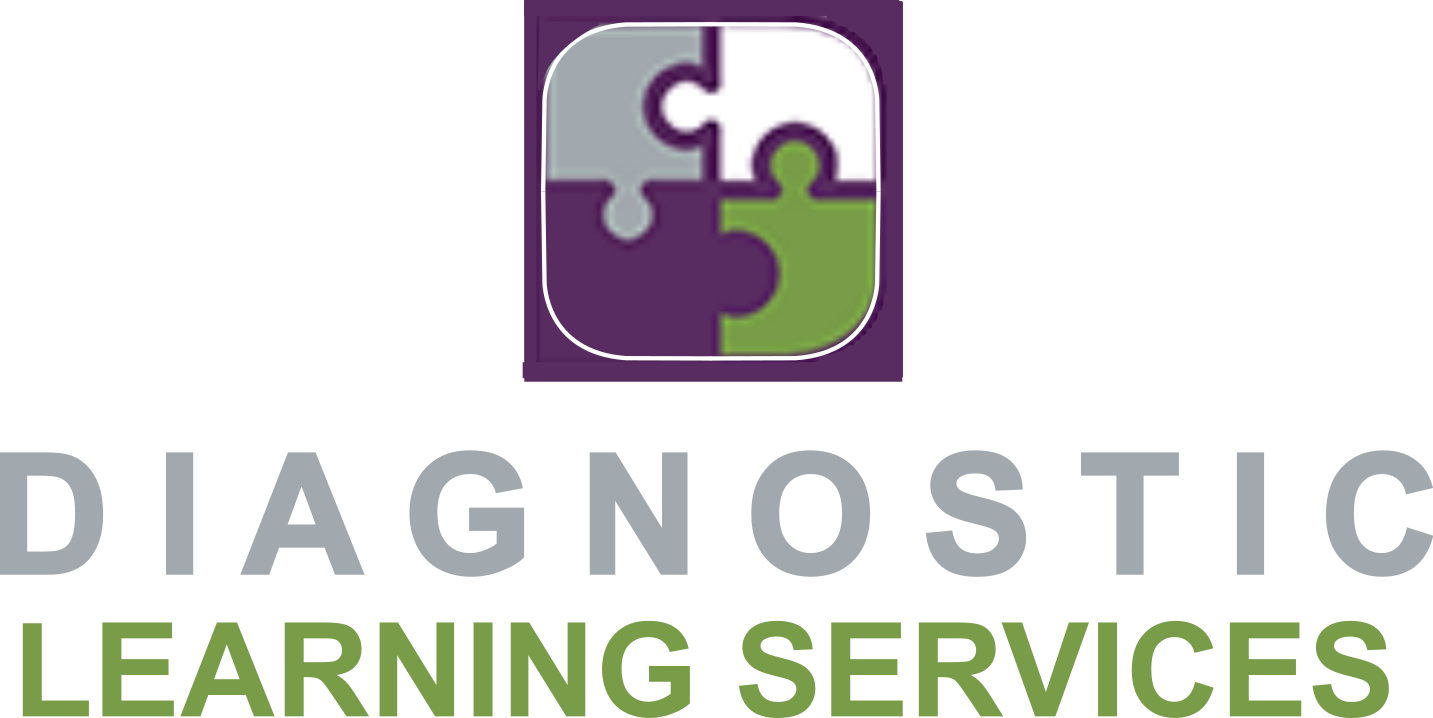Transferring of Rights When Your Student Turns 18
In most states, when a child turns 18, he/she is considered an adult. As a legal adult, a child may assume some or all of the educational rights previously held by the parent.
Except for a student who has been determine to be incompetent under state law, a student with a disability who is 18 years of age or older has the same rights to educational decisions-making as a student without a disability. Therefore, when a student with a disability turns 18 years old, all rights under the IDEA transfer from the parent of the adult student, except that Campus Special Education Personnel must provide any notice required under the IDEA to both the adult student and the parent.
In addition, all rights under the Family Education Rights and Privacy Act (FERPA) transfer from the parent to the adult student except that consent is not required to disclose information to the parent if the adult student is a dependent student, or when another exception applies.
Campus Special Education Personnel must provide both the student and the parent written notification of the transfer of rights under the IDEA as well as information and resources regarding guardianship and alternatives to guardianship, at least one year before the student’s 18th birthday. The student’s IEP must include a statement that Campus Special Education Personnel provided the required notice, information, and resources within the required timeframe.
Additionally, the school may need to get the adult student’s consent to make any changes to his/her IEP. When a student turns 18, he/she assumes all of the educational rights the parent previously held. This includes taking the main role in developing his/her IEP. The school now:
Invites the student to participate in IEP meetings
Needs the student’s permission to invite his/her parents
Requires the student’s consent for an evaluation or reevaluation
Needs the student’s approval for any change in placement or services
The student takes over the right to give–or deny–informed consent to any action the school wants to take. This means that if the school wants to change the student’s services in any way, it needs the student’s permission, not the parent’s. The student also has the right to dispute school decisions through the process of mediation and due process.
This also applies to Section 504. Once the student reaches the age of 18, all rights accorded to the parents/guardians transfer to the student. As a result, once the student is 18, he/she must be invited to all Section 504 meetings and be given all correspondence, unless the parents/guardians have taken steps to become the student’s educational guardian and/or the student has provided written consent for the parents to be invited to attend team meetings and/or receive copies of all correspondence. The parents retain the right to review the student’s educational records.
But not all states work this way. In some states, only some of the educational rights transfer at the age of majority. To find out the rules in your state, contact your state’s department of education.
PREPARING YOUR CHILD FOR INDEPENDENCE
There are things you can do to help ease your child into his/her adult role
Help your child develop a good relationship with the IEP team. Beginning in high school, students typically are invited to IEP meetings. They’re expected to lay a major part, especially when it comes to transition planning (figuring out what to do after high school). Encourage your child to participate actively in those discussions with the team.
Let your child do the talking. Rather than speaking for your child, let him/her assume center stage at IEP and other meetings. If he/she gains experience advocating for himself/herself, it will be easier for him/her to keep doing so as an adult.
Stay involved. When your child reaches the age of majority, your participation isn’t required. But the school or your child can invite you to attend IEP meetings. After all, you’re deeply knowledgeable about your child’s needs and talents, so your input is valuable.
